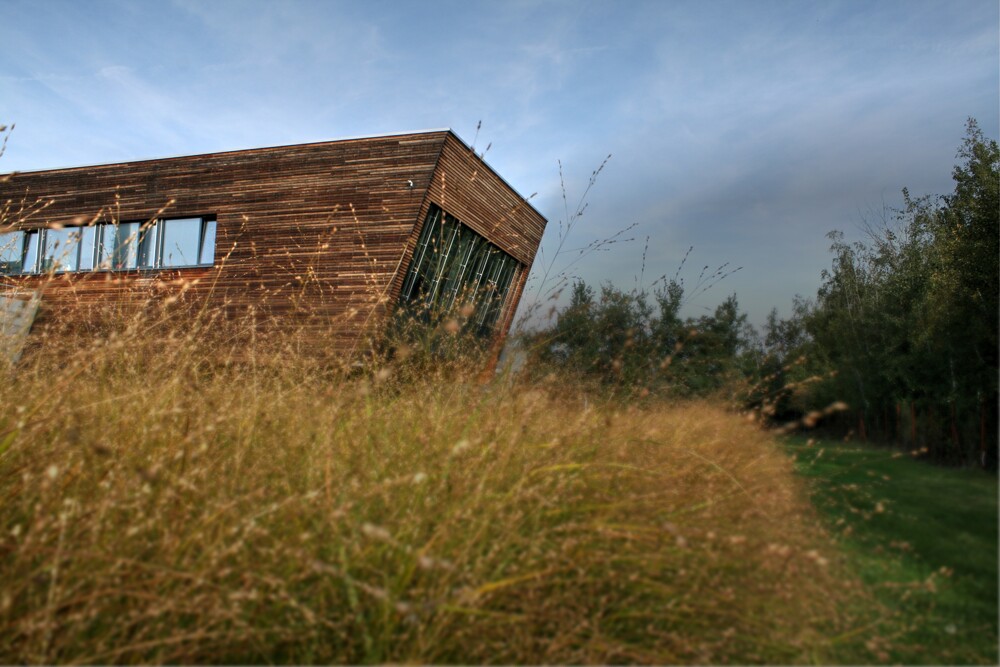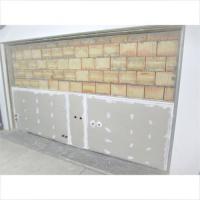

The University Center for Energy-Efficient Buildings of Czech Technical University cooperates with the company Metrostav to reduce the so-called sanitary noise, which arises in water distribution systems and internal sewerage and is a frequent cause of complaints, especially in residential buildings. Therefore, in the laboratory of the Czech Technical University UCEEB, the verification of the sound pressure level in a protected room was carried out for different ways of building water distribution systems into a brick "inter-apartment" wall.
Sanitary noise penetrates into protected rooms, for example the bedrooms of other apartments, especially if the installation distributions are in a common dividing wall. In order to avoid this phenomenon, the distributions led in the wall, wall or installation front wall were tested.
During the tests, experts used wall-mounted bathtub faucets and stand-up sink faucets of different noise levels. For the experiment, they created a separate pressurized water supply system, which made it possible to repeat the tests under conditions of different operating pressure in the pipeline from three to six bars.
Due to the scope of the research and the special requirements for the marginal conditions of the measurement, the tests were carried out in Akustické laboratoři ČVUT UCEEB in Bustěhrad. The measurement results showed significant differences in the noise level for individual variants and can be further used for the design and implementation of optimal water distribution solutions in residential buildings with the aim of complying with noise limits and increasing the acoustic comfort of users.